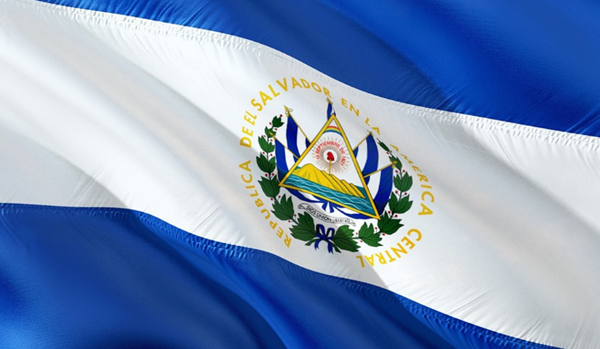
In recent years, the small Central American nation of El Salvador has made a remarkable entry onto the global stage, capturing attention for its progressive approach to technology and finance.
Fueled by a visionary leadership under President Nayib Bukele, El Salvador has taken bold steps to position itself as a hub for blockchain technology, becoming the world’s first country to adopt Bitcoin as legal tender.
This groundbreaking move has not only put El Salvador at the forefront of blockchain innovation but has also ignited discussions about the future of digital currencies and their potential to transform economies worldwide.
The Blockchain Revolution
Blockchain technology, most commonly associated with cryptocurrencies like Bitcoin, Ethereum, and others, is a decentralized and transparent digital ledger system that records transactions across multiple computers. Its revolutionary potential lies in its ability to enhance security, transparency, and efficiency in various industries, ranging from finance to supply chain management.
El Salvador’s Journey to the Top
El Salvador’s embrace of blockchain technology can be traced back to its forward-thinking President, Nayib Bukele. Elected in 2019, Bukele recognized the potential of blockchain to uplift his country’s economy, improve financial access for the unbanked population, and attract foreign investment.
In June 2021, El Salvador made history by becoming the first country to declare Bitcoin as legal tender alongside the United States dollar. This monumental decision marked a significant turning point not only for the country but for the global cryptocurrency landscape. The government’s intention was to create more financial inclusion by enabling citizens, even those without bank accounts, to participate in the formal economy through digital currencies.
Challenges and Opportunities
While El Salvador’s blockchain journey is filled with potential, it hasn’t been without its share of challenges. The rapid adoption of Bitcoin as a legal tender sparked concerns about volatility, potential money laundering, and a lack of regulatory oversight. Critics also argued that the move could lead to financial instability and jeopardize the country’s relationship with international financial institutions.
However, supporters of the decision highlighted the potential benefits, including reduced transaction costs for remittances (a critical source of income for many Salvadorans), increased financial inclusion, and the attraction of blockchain-focused businesses and investments to the country.
Infrastructure Development
To facilitate the adoption of blockchain technology, El Salvador has been investing in critical infrastructure. The government launched the “Chivo” wallet, a digital wallet that allows citizens to send, receive, and spend Bitcoin with ease. El Salvador also installed Bitcoin ATMs across the country, further enhancing accessibility to the cryptocurrency.
Furthermore, the government established partnerships with blockchain companies and experts to develop education and training programs, aimed at promoting a better understanding of the technology among citizens.
Global Impact and Future Implications
El Salvador’s pioneering move has sent ripples throughout the world, sparking discussions about the potential of digital currencies as a means to drive financial inclusion and economic growth.
Other nations have begun considering similar moves, exploring how blockchain technology can reshape traditional financial systems. However, the path ahead is not without uncertainty. The success of El Salvador’s blockchain experiment will depend on its ability to address challenges effectively, adapt to evolving market dynamics, and strike a balance between innovation and regulation.
As more countries explore the integration of digital currencies into their economies, a new era of global financial transformation could be on the horizon.
El Salvador’s journey to becoming the blockchain capital has been nothing short of remarkable. By adopting Bitcoin as legal tender and embracing blockchain technology, the country has paved the way for a new era of financial innovation and inclusivity. While challenges and uncertainties persist, El Salvador’s bold step has already begun reshaping global conversations about the future of money, technology, and economies.
As the world watches this pioneering nation, it’s clear that the impact of its decisions will extend far beyond its borders, leaving an indelible mark on the course of technological progress.
